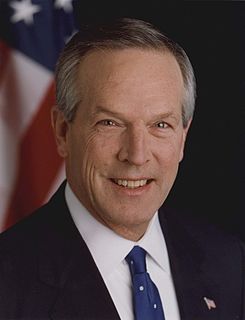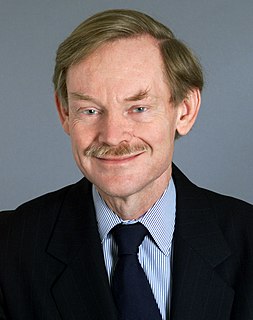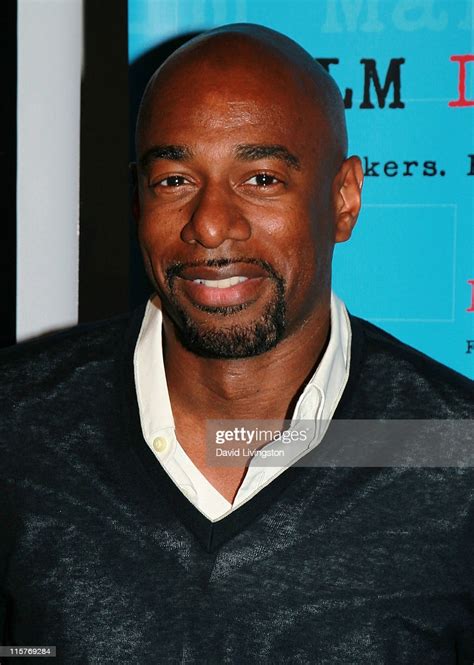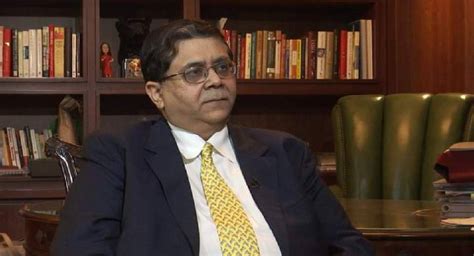Top 44 Sub-Saharan Quotes & Sayings
Explore popular Sub-Saharan quotes.
Last updated on April 14, 2025.
Missionaries in the developing world waste a lot of time and money (not to mention the goodwill of non-Christians) proselytizing to the needy. . . . While missionaries do many noble things at great risk to themselves, their dogmatism still spreads ignorance and death. By contrast, volunteers for secular organizations . . . do not waste . . . time telling people about the virgin birth of Jesus. Nor do they tell people in sub-Saharan Africa - where nearly four million people die from AIDS every year - that condom use is sinful.
There's so much stigma around HIV/AIDS. It's a challenging issue, and the people that already have been tested and know their status find it very, very hard to disclose their status, to live with that virus, and to even seek out the kind of information they need. This experience of going to South Africa a decade ago really woke me up to the scale of the HIV/AIDS pandemic in sub-Saharan Africa, how it was affecting women and their children. I haven't been able to walk away from it.
And now South Africa has finally woken up and it is doing great things. And if South Africa becomes the template to what AIDS is in the sub-Saharan continent, then all the other countries are going to follow suit. And Michel Sidibe, who spoke at the breakfast meeting this morning, was saying that there is so much hope for Africa now that South Africa has got its house in order.
There's always a joy in newness as a painter, and in sub-Saharan Africa, I encountered different realities with regard to light and how it bounces across the skin. The way that blues and purples come into play. In India and Sri Lanka, it was no different. It became a moment in which I had an opportunity to learn as a painter how to create the body in full form, and that's a very material and aesthetic thing. This is not conceptual. It's all an abstraction.
My wish and hope, every year, is that people's life chances - their chances of having a happy, prosperous, healthy life for themselves and their family and friends - should not depend on accident of birth. It shouldn't depend on where you're born. It should depend on who you are and what you do. But it shouldn't depend on the chance and the luck of being born in the U.S. or in a poor village in Sub-Saharan Africa or India or wherever it may be.
Indeed, religion allows people to imagine that their concerns are moral when they are highly immoral - that is, when pressing these concerns inflicts unnecessary and appalling suffering on innocent human beings. This explains why Christians like yourself expend more "moral" energy opposing abortion than fighting genocide. It explains why you are more concerned about human embryos than about the lifesaving promise of stem-cell research. And it explains why you can preach against condom use in sub-Saharan Africa while millions die from AIDS there each year. (25)
Right after undergrad, I started doing low-level work on health issues in sub-Saharan Africa, and what struck me was the disconnect between how people in New York would speak about some of the issues people were facing. At the time, 2006-ish, there were a number of big media campaigns to raise awareness about HIV in sub-Saharan Africa.
In India you would find people who belong to the 10 richest people in the entire world, and you would find people whose poverty levels are sub-Saharan in fact practically: people who would probably make less than a dollar a day or would only have enough for one meal. Now, to have these kinds of contrasts coexist, is something which boggles my mind. We have a country that is making great economic progress, a country that is making his presence felt all over the world, but at the same time, it is unable to deal with some of these fundamental contradictions in our economic evolution.






































